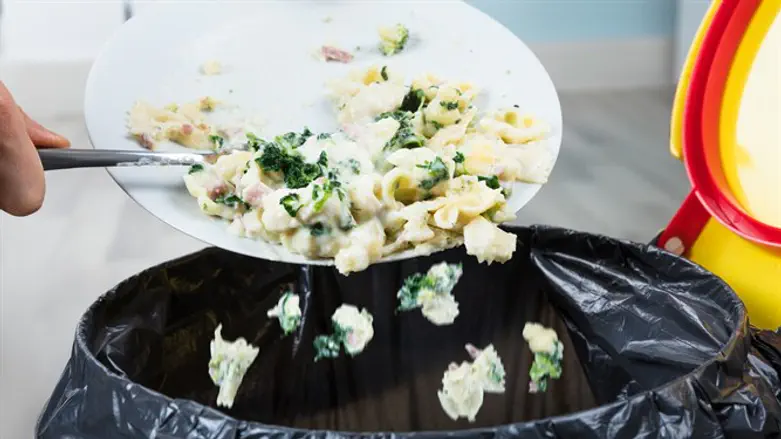
The city of Austin, Texas, on Monday began implementing an initiative to cut the quantity of food waste, by requiring restaurants to find uses for their extra food instead of dumping it into a landfill.
The city is working towards becoming zero-waste by 2040.
The new initiative applies to all food-based businesses and requires that employees receive "convenient access" to options which will prevent food from being thrown away, and that information on the initiative be provided in both Spanish and English.
A fact sheet published by the municipality recommends three main methods of zero-waste food disposal: donation to food banks, soup kitchens, and shelters; composting; and use of the food for animal feed on ranches in the community or region. It also encourages "innovative solutions."
In addition to the food itself, Austin's initiative applies to various other types of organic waste, such as cardboard boxes, landscaping clippings, and more.
In 2015, a study showed that organic waste makes up over one-third of Austin's trash.
In 2015, the Environmental Protection Agency (EPA) noted that food waste constitutes a full 22% of what goes into landfills, making it the single largest contributor.